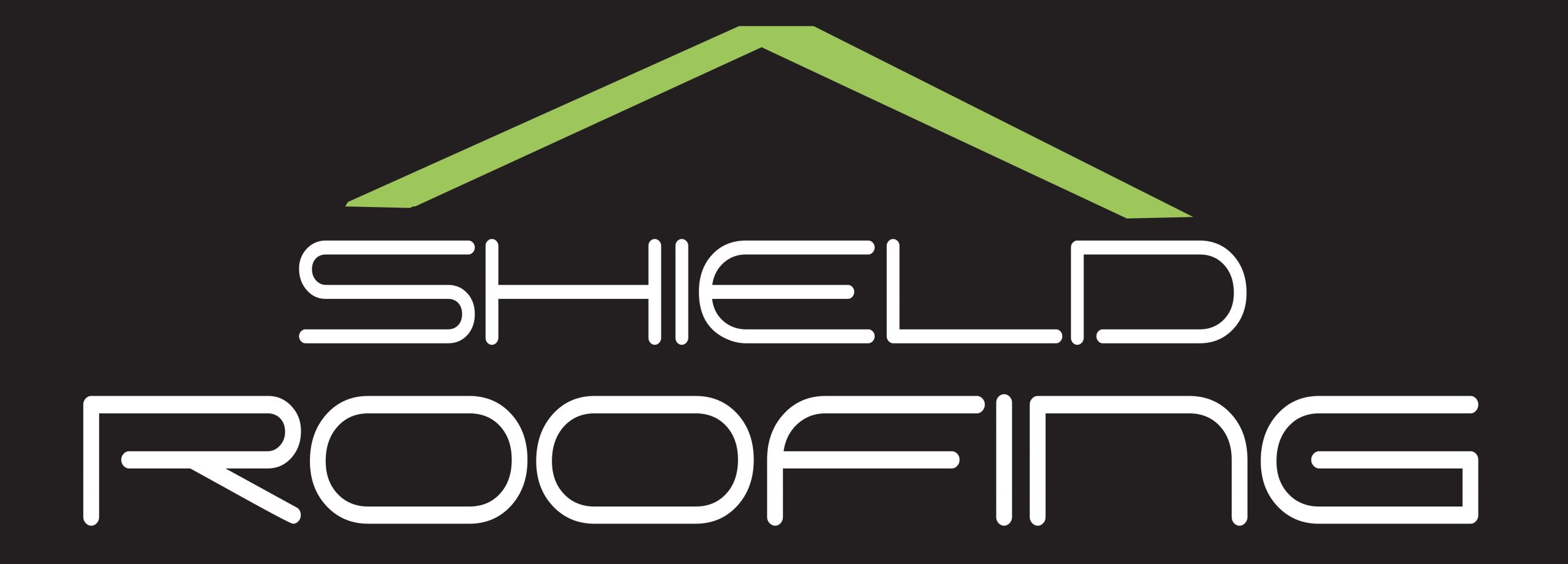Navigating the complex landscape of regulations and standards is paramount in the commercial roofing industry. Compliance with these regulations ensures the safety, integrity, and performance of commercial roofs while also contributing to environmental sustainability and worker safety. In this guide, Shield Roofing delves into the multifaceted world of commercial roofing regulations and standards, offering insights into the key requirements that businesses must adhere to when undertaking roofing projects for their commercial properties. By understanding and complying with these regulations, businesses can mitigate risks, achieve regulatory compliance, and ensure the longevity and efficiency of their roofing systems.
Building Codes and Regulations

Building codes serve as the backbone of regulatory compliance in commercial roofing projects. The International Building Code (IBC) stands as a cornerstone, providing comprehensive guidelines for the design, construction, and maintenance of commercial buildings, including roofing systems. Local building regulations complement the IBC, addressing specific requirements and zoning ordinances that vary by jurisdiction. Adhering to these codes is not just a legal obligation but also a crucial step in ensuring the safety and structural integrity of commercial roofs, protecting both occupants and investments.
Roofing Material Standards
The quality and performance of roofing materials are governed by industry standards set forth by organizations like ASTM International, Underwriters Laboratories (UL), and FM Global. ASTM standards establish criteria for various roofing materials, such as asphalt shingles, metal roofing, and single-ply membranes, ensuring consistency and reliability in product performance. UL standards focus on testing and certifying roofing materials for fire resistance and overall safety. Similarly, FM Global standards emphasize resilience and durability in commercial roofing systems, particularly in mitigating risks associated with extreme weather events. By adhering to these standards, businesses can make informed decisions when selecting roofing materials and systems, prioritizing quality, reliability, and compliance with regulatory requirements.
Stay tuned for the next sections of our guide, where we will explore energy efficiency regulations, environmental considerations, and worker safety requirements in commercial roofing projects. At Shield Roofing, we are committed to ensuring compliance with regulations and standards while delivering high-quality roofing solutions tailored to the unique needs of each commercial property. Contact us today to learn more about how we can help you navigate the complexities of commercial roofing regulations and standards.
Energy Efficiency Regulations
Energy efficiency is a key focus area in commercial roofing, with regulations aimed at reducing energy consumption and promoting sustainability. Standards such as ASHRAE Standard 90.1 and the International Energy Conservation Code (IECC) establish minimum requirements for building energy performance, including roofing systems. These codes often incorporate provisions for cool roofing, which utilize reflective materials to reduce heat absorption and lower cooling costs. Cool roof requirements vary by climate zone, with stricter regulations in regions prone to high temperatures. Additionally, businesses may qualify for tax incentives and utility rebates for implementing energy-efficient roofing solutions, providing further motivation to invest in sustainable roofing technologies. By aligning with energy efficiency regulations, businesses can not only reduce operational costs but also contribute to environmental conservation and sustainability efforts.
Environmental Regulations
Commercial roofing projects are subject to various environmental regulations aimed at protecting natural resources and minimizing environmental impact. The Environmental Protection Agency (EPA) regulates the use and disposal of hazardous materials commonly found in roofing materials, such as asbestos and volatile organic compounds (VOCs). Proper handling and disposal of roofing waste are essential to prevent environmental contamination and comply with EPA regulations. Additionally, businesses may encounter stormwater management requirements imposed by local regulations to mitigate runoff and protect water quality. These regulations often dictate the design and installation of roof drainage systems, ensuring proper containment and treatment of stormwater runoff. By adhering to environmental regulations, businesses can fulfill their responsibilities as stewards of the environment while safeguarding public health and natural resources.
Worker Safety Regulations
Worker safety is of paramount importance in commercial roofing projects, with regulations aimed at preventing workplace accidents and injuries. The Occupational Safety and Health Administration (OSHA) establishes standards for fall protection, hazard communication, and personal protective equipment (PPE) to ensure the safety of roofing contractors and workers. Fall protection measures, such as guardrails, safety nets, and personal fall arrest systems, are essential for preventing falls from heights, a leading cause of workplace fatalities in the roofing industry. Furthermore, OSHA mandates training requirements for roofing contractors and workers to ensure they have the knowledge and skills necessary to perform their jobs safely. Hiring licensed and insured roofing contractors who prioritize worker safety and compliance with OSHA regulations is essential for protecting workers and minimizing the risk of accidents and injuries on commercial roofing projects.
Navigating commercial roofing regulations and standards is a complex yet essential aspect of ensuring the safety, integrity, and compliance of roofing projects. By understanding and adhering to building codes, roofing material standards, energy efficiency regulations, environmental requirements, and worker safety regulations, businesses can mitigate risks, achieve regulatory compliance, and promote sustainability in their roofing projects. At Shield Roofing, we are committed to upholding the highest standards of quality, safety, and compliance in every commercial roofing project we undertake. Contact us today to learn more about how we can help you navigate commercial roofing regulations and standards and deliver exceptional roofing solutions tailored to your business needs.

